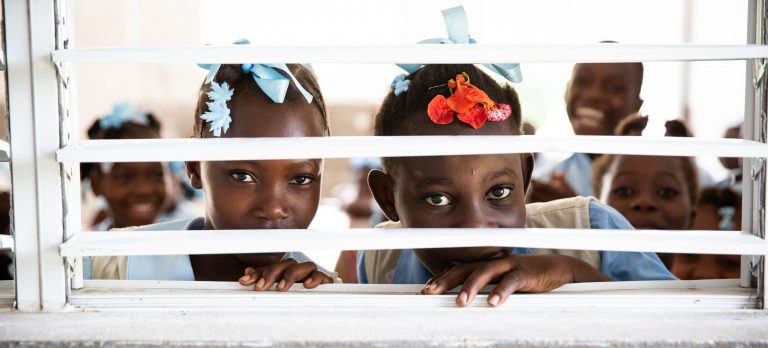Statement by the Chairperson of the UN Permanent Forum on the 15th Anniversary of the UN Declaration on the Rights of Indigenous Peoples
Video Statement by Dario Mejía Montalvo, Chairperson of the UN Permanent Forum on the 15th anniversary of the UN Declaration on the Rights of Indigenous Peoples.
 Welcome to the United Nations
Welcome to the United Nations
